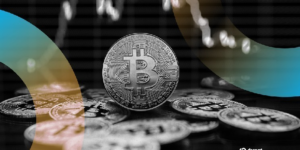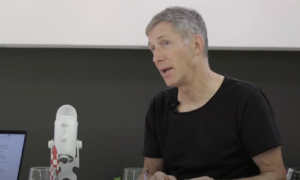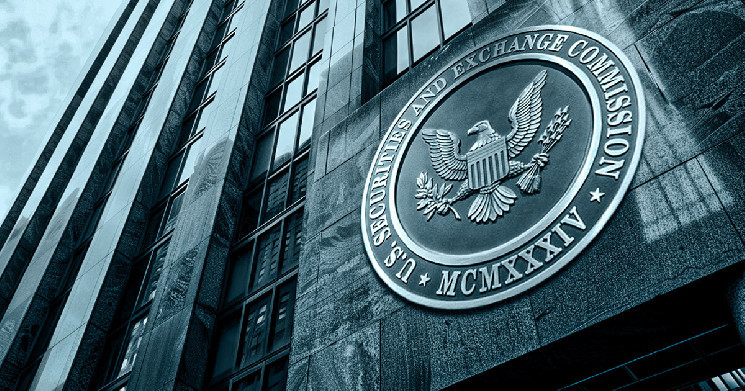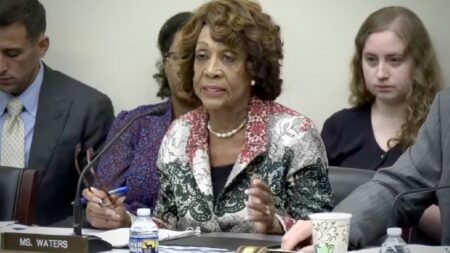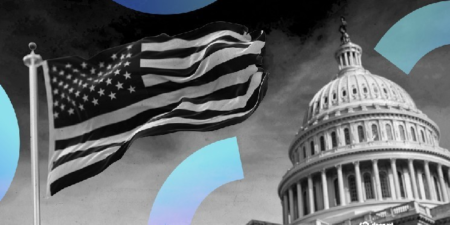The U.S. District Court for the Western District of Texas granted partial summary judgment in favor of the Securities and Exchange Commission (SEC) against crypto influencer Ian Balina.
The court ruled that Balina offered and sold SPRK Tokens as securities in unregistered transactions, affirming that US securities laws apply to his activities.
SPRK deemed security
The SEC’s complaint, filed on Sept. 19, 2022, alleged that Balina purchased $5 million worth of SPRK tokens from Sparkster, Ltd. in May 2018. He then allegedly organized an investment pool of about 68 individuals, to whom he offered and sold SPRK tokens without registering the offering with the SEC as mandated by federal securities laws.
The SEC also claimed that Balina promoted SPRK tokens on YouTube, Telegram, and other social media platforms from May to July 2018 without disclosing a 30 percent bonus provided by Sparkster as compensation for his promotional efforts.
The SEC charged Balina with violating the offering registration provisions of Sections 5(a) and 5(c) of the Securities Act of 1933 and with violating Section 17(b) of the Securities Act for failing to disclose consideration received for his promotions.
The regulator had sought partial summary judgment on the unregistered offering violation and requested a ruling that SPRK Tokens were offered and sold as securities.
Alongside its charges, the SEC also issued a cease-and-desist order against Sparkster Ltd. and its CEO, Sajjad Daya. The company contributed over $35 million to a fund for harmed investors and paid various other fees and penalties.
Promotion charges remain
The SEC additionally alleged that Balina promoted SPRK tokens on YouTube, Telegram, and social media between May and July 2018. He allegedly failed to disclose that Sparkster Ltd. offered him a 30% bonus on his token purchases in exchange for his promotions.
The promotional charges fall under Section 17(b) of the Securities Act.
Balina moved for summary judgment on both SEC claims. The court denied his requests and did not decide on Section 17(b) claims as a matter of law, leaving the promotional charges in play.
Read the full article here
